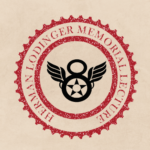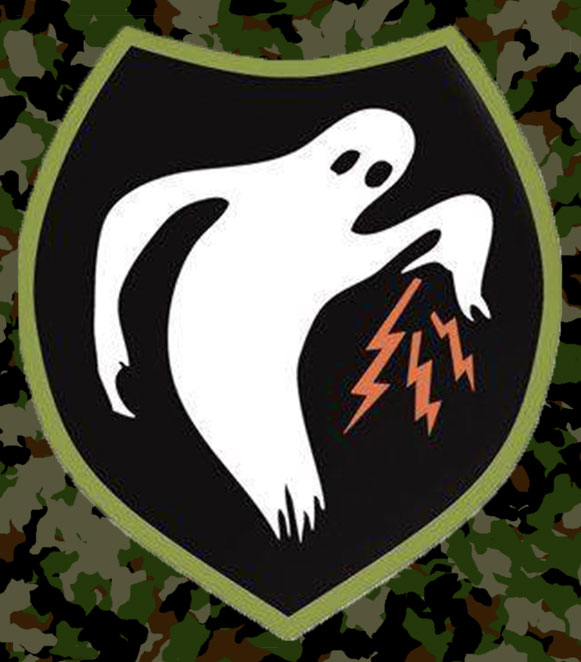Programs & Events
Our Mission
To preserve for all Americans the stories of courage, character and patriotism displayed by the men and women of the Eighth Air Force from World War II to the present.
Plan Your Visit
- Monday: Closed
Tuesday - Saturday: 10 am - 5 pm
Sunday: 12 pm - 5 pm
Open Memorial Day Policies > - 175 Bourne Avenue
Pooler, GA 31322 Get Directions > - 912-748-8888













